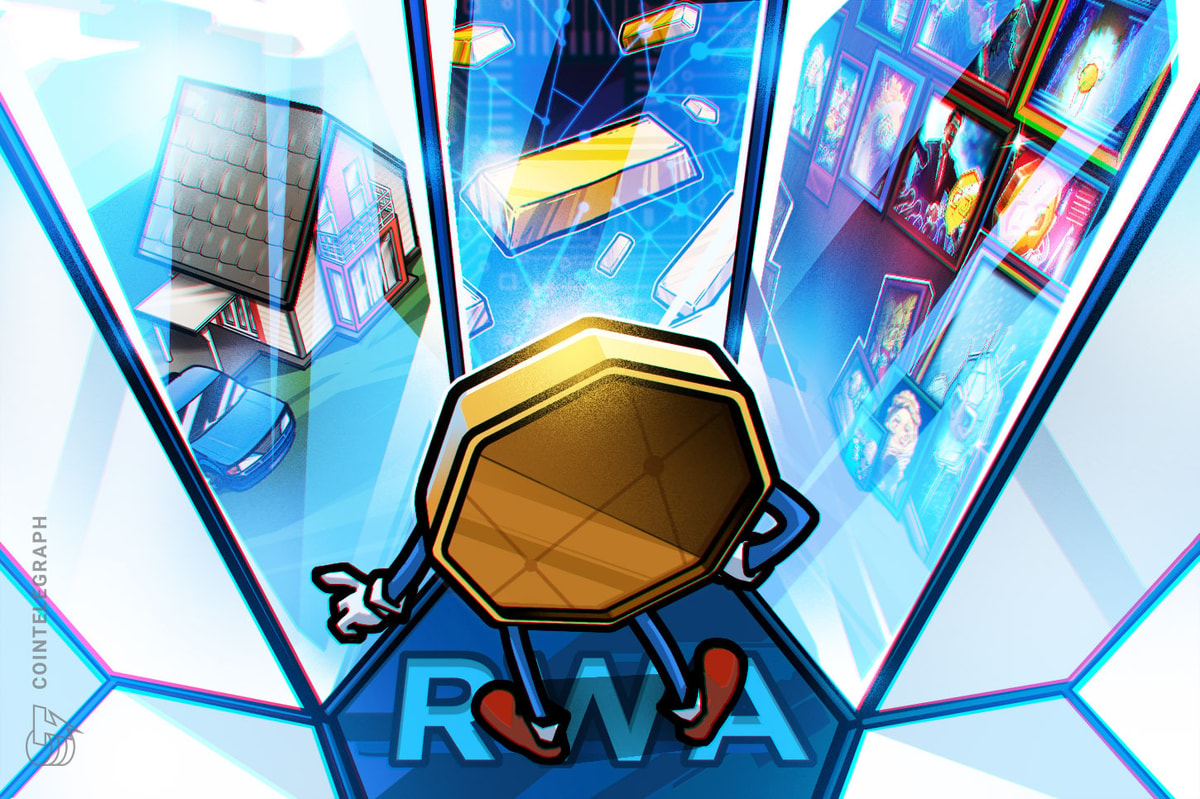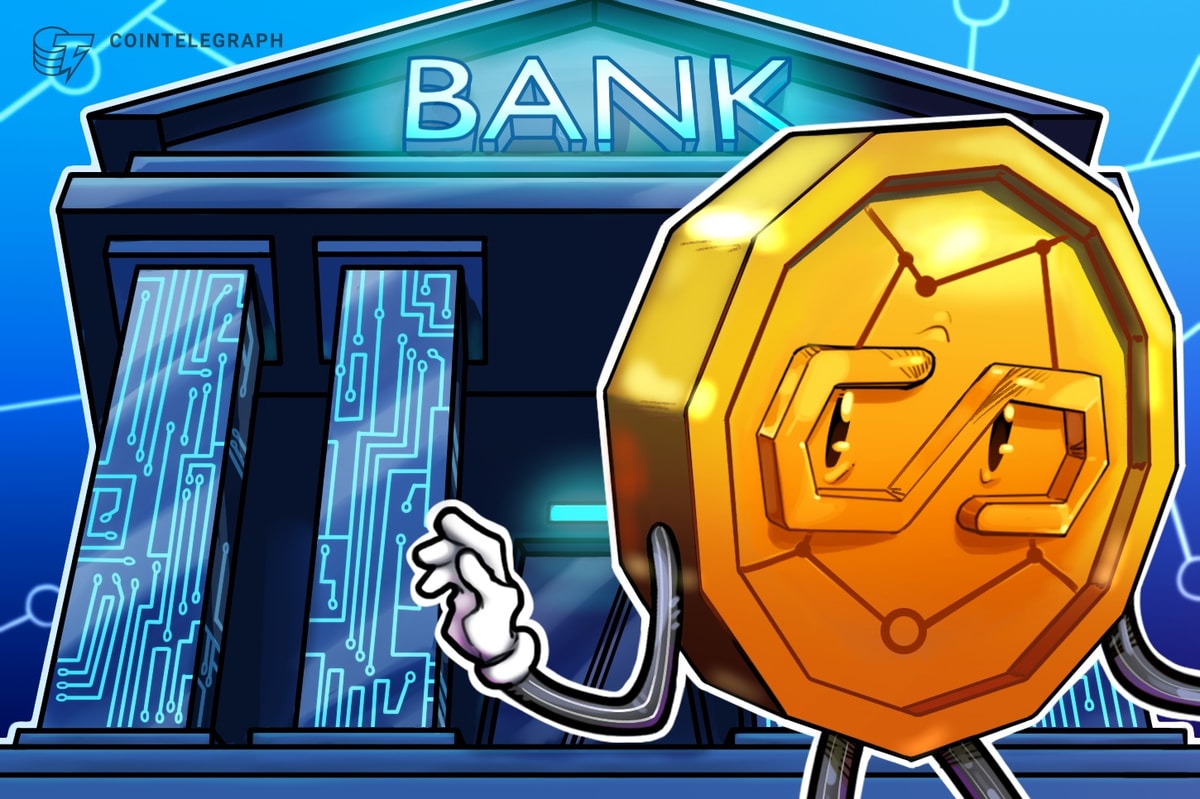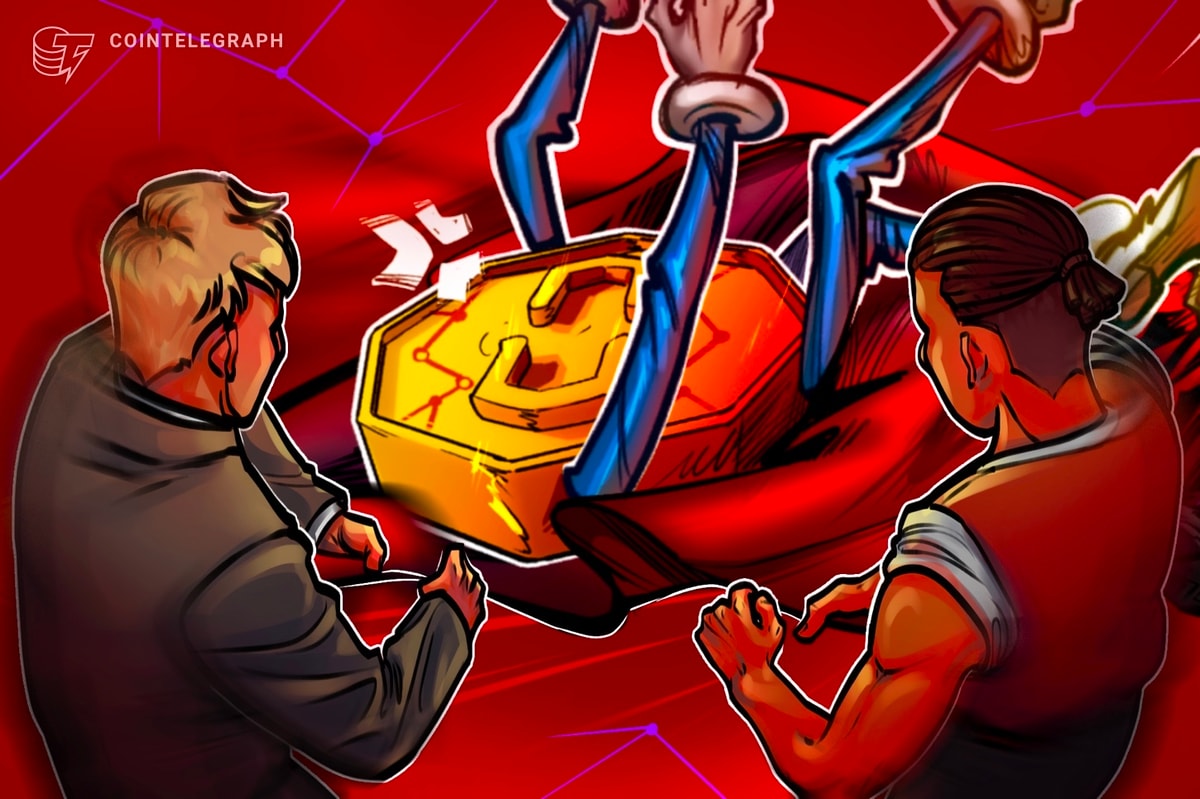The world met the first metaverse in 1992 when Neal Stephenson’s Snow Crash depicted an online world that users could only access via virtual reality (VR) goggles. Stephenson described this universe as a place where users could receive computer-generated bodies, hang out with friends and attend events like concerts. The 2018 film Ready Player One revisited this theme, emphasizing that the metaverse would overtake the real world and become the place where people spend most of their time.
Currently, however, the metaverse and VR experiences are a far cry from how they were imagined in science-fiction media. Today’s graphics on metaverse and VR platforms don’t provide the realism that many would expect from a digital immersion experience. According to an article in Fast Company, the dead eyes of Mark Zuckerberg’s metaverse avatar in Meta’s latest release suggest a graphical quality even worse than that of Second Life, a 20-year-old online game. This highlights the harmful effect of how one company is managing the metaverse expectations of the masses. Kevin Roose from The New York Times reiterated this belief, inquiring where exactly Meta spent $10 billion on VR was spent last year.
It's genuinely puzzling that Meta spent more than $10 billion on VR last year and the graphics in its flagship app still look worse than a 2008 Wii game. https://t.co/IOwqsrrfKj
— Kevin Roose (@kevinroose) August 16, 2022
Although the graphics are only one part of what the metaverse represents, comments like Kevin’s in the Twitter community show that mainstream adoption of Web3 will only be possible if a “Big Bang” release convinces the masses to move, much like the iPhone changed the way the world looks at phones by giving everyone access to the internet from their pocket. For the metaverse, the same level of global acceptance means more than 100% realistic graphics.
Given the current state of the industry, it may be some time before this transition occurs because of the mismatch of expectations and the reality of what is possible with billions of players engaging online.
Meet Metaverse 2.0
Now, players are being introduced to what is known as Metaverse 2.0, which includes hyper-realistic AI avatars and virtual assistants that look and act like real people, and extended reality technology like virtual reality, which ensures immutability, business opportunities for growth and revenue through land and asset ownership. AAA-quality graphics are also becoming standard for use cases, including a digital twin, events, gaming and virtual commerce.
The second major factor in adoption is accessibility due to the high cost of VR headsets. While Metaverse 2.0 doesn’t address this issue with free VR, it does ensure that entry into the Metaverse is free, and everyone can receive in-game tokens without spending money to get started. Megavrse, a Metaverse 2.0 platform that supports up to 10,000 concurrent users, is piloting this immersive and hyperrealistic virtual environment.
Stepping into the future
Simon Fletcher, chief operations officer at Megavrse, said:
“Entering the world of Megavrse is like stepping into a future defined by imagination and endless potential. The Mega Land Sale on Binance NFT marks a thrilling new chapter, inviting pioneers from around the globe to help shape this digital frontier.”
Indeed, the Megavrse team aims to deliver the metaverse experience as many have imagined.
Recently, Megavrse announced the sale of 9,999 unique land parcels on the Binance NFT platform with buyers having the exclusive opportunity to also select the placement of their land parcel across all 24 Megaverse islands.. Participating in this land sale allows users to explore Megavrse’s Metaverse AI Builder platform. This tool enables users to unleash their creativity and build innovative experiences within the metaverse. By providing a user-friendly interface and extensive customization options, the AI builder makes it possible for anyone, regardless of technical expertise, to contribute to the growth and richness of the virtual world. This technological milestone represents a significant leap forward in the evolution of the metaverse, enabling users to shape their digital realities.
This land sale represents an essential step in Megavrse’s growth as it expands its virtual real estate and strengthens its community of users. What’s more, to celebrate this milestone, Megaverse has organized a raffle which will select 300 lucky land owners to share a prize pool of $250,000.

Source: Megavrse
Evolve and explore new possibilities
In addition, Megavrse’s ambition has led to prestigious partnerships in various fields. From appearing as a pitch-side advertiser during Premier League and La Liga matches to sponsoring players at the Wimbledon Tennis Championships, the platform has gained exposure to a large and diverse audience.
Thanks to the recent selection as part of Google’s Digital Growth Partnership, the Megavrse team will be able to work hand-in-hand with Google over the next six months to raise awareness of the project.
Disclaimer. Cointelegraph does not endorse any content or product on this page. While we aim at providing you with all important information that we could obtain in this sponsored article, readers should do their own research before taking any actions related to the company and carry full responsibility for their decisions, nor can this article be considered as investment advice.












